Costs to Keep in Mind for your new purchase!
The Down Payment
The down payment is the one-time payment you must make toward the overall price of your new home. Your down payment must be liquid money that you have saved up or otherwise have access to, like a gift from a relative or a withdrawal from an RRSP or FHSA account
The amount of the down payment is determined by the home’s purchase price in accordance with Canadian government regulations. Minimum down payment is 5% on the first $500,000 and then 10% on any balance over, up to $999,999.00. For properties over $1 million, the minimum down payment is 20% and lenders will typically start to increase their minimum down payment percentage the higher the property value increases by.
The Deposit
When a purchase contract for a property is signed, a deposit is paid. Although the deposit counts toward your down payment, it is almost always non-refundable, so you will lose that money if you do not move forward or can not close on your new purchase..
There is no set deposit amount in Canada. We recommend leaning on your realtors expertise to guide you on the recommended amount based on your purchase price. The lower the price point, the lower the deposit amount is. That said, a rule of thumb often followed is that 2-3% of the buying price is typically acceptable on lower end prices and 5%+ on higher end homes. A seller may also demand more if there are competing offers on the same property and in a sellers market.
For new builds, the builders will set their minimum deposit amount and it is often higher then needed in resale homes. This is because possession is usually set further in the future then resale properties and could be past 12 months in some cases. There are some builders that will allow for staggered deposits throughout the build as well if the buyer does not have the full amount needed upfront at time of contract signing.
There is usually an opportunity for negotiation in all scenarios, but just keep in mind that in competitive home markets, a higher deposit is usually requested/needed. Deposit funds are typically due within 24 hours of signing the contract for resale homes and by condition waiver date for new builds.
Closing Costs
Depending on the cost of your new home and location of the property, these expenses can vary. If you have $25,000 saved for a down payment, you will either need to have more funds in savings or subtract that amount from your down payment to pay for closing costs. And remember, your deposit that was provided a contract signing will be deducted from that amount. The final down payment is due the weeks leading up to possession and is usually always provided to your solicitor who is handling your transaction.
Closing costs that could or will come up are legal fees, land title transfer taxes (only applicable in some provinces) , property tax adjustments, condo fee or strata adjustments and any potential holdback as noted in a contract. If you purchased a new build home, any upgrades made through the build would also be due. Along with these expenses, you should budget money for any furnishings and appliances you’ll need right away, home inspections, utility hookups, and any prepaid fees on the property you’re buying
When everything is considered, if you anticipate having a down payment of 5 percent, you should usually budget at least 6.5 percent of the buying price to cover these upfront fees. After closing you will also want to ensure that you have access to some capital or credit in case of emergencies post-closing. Having between $5,000 and $10,000 set aside for emergencies for a house priced between $600,000 and $800,000 is ideal.

